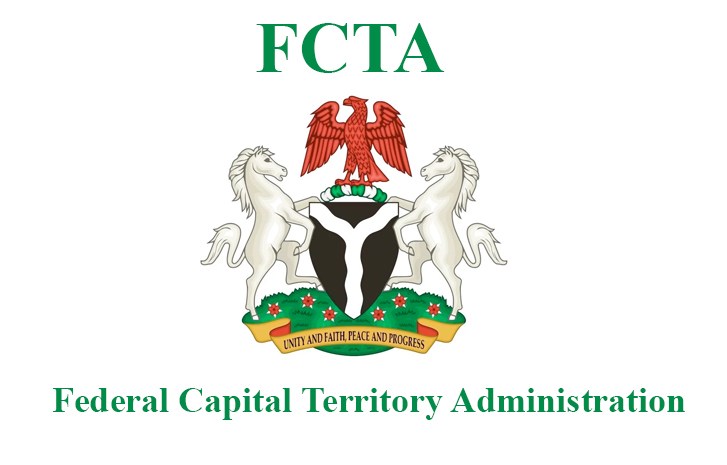FCTA to review Abuja master plan 48 years after
The Federal Capital Territory Administration (FCTA) has begun moves to review the Abuja Master Plan, 48 years after it was created. Abuja was adopted as the Nigeria’s new Federal Capital Territory in 1976. The revelation was made on Tuesday when the FCT Minister, Nyesom Wike, played host to the Ambassador of Japan to Nigeria, Matsunaga […]

Federal Capital Territory (FCTA)
The Federal Capital Territory Administration (FCTA) has begun moves to review the Abuja Master Plan, 48 years after it was created.
Abuja was adopted as the Nigeria’s new Federal Capital Territory in 1976.
The revelation was made on Tuesday when the FCT Minister, Nyesom Wike, played host to the Ambassador of Japan to Nigeria, Matsunaga Kazuyoshi, in his office.
Amb. Kazuyoshi had led a delegation of Japan International Cooperation Agency (JICA) to the FCT minister to discuss plans for commencement of work on the upgrading of Integrated Urban Development Master Plan of Abuja, as well as seek the minister’s support on key JICA projects, including its nutrition improvement programme.
- 4 die as canoe capsizes in Borno
- NIGERIA DAILY: How to Redefine Nigeria’s Future Through The Halal Economy
Commenting on the urban development plans, the minister pledged continued support of the FCTA and that of the departments of Satellite Towns Development and Land Administration, among other relevant bodies for a successful master plan review.
Earlier, Amb. Kazuyoshi, said JICA had introduced baby and cost-friendly toilets in Kwali, adding that the programme had checked open defecation and made Kwali Area Council to be declared open defecation- free subsequently.
He solicited more support from the FCT Administration to provide more of the toilets to reduce FCT and Nigeria’s high ranking on world open defecation index.
Executive Secretary, Federal Capital Development Authority (FCDA), Engr. Shehu Hadi Ahmad, whose agency is in charge of the master plan, explained that the planned project would look into issues around water drainages, urban mobility, traffic congestion and the smart city initiative, among others.
